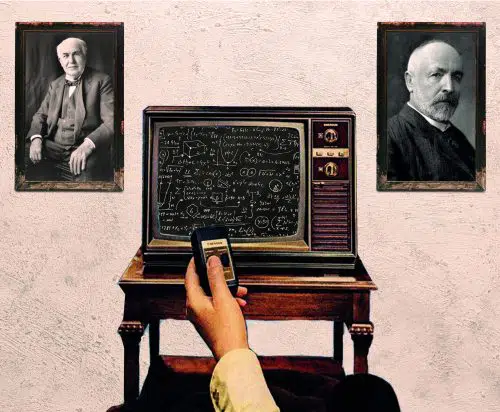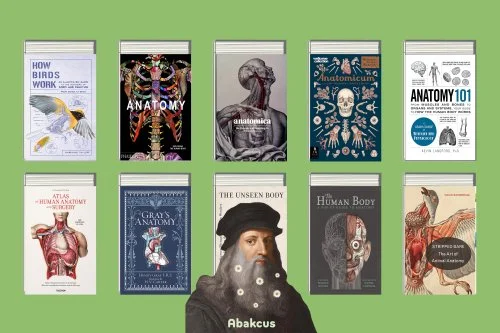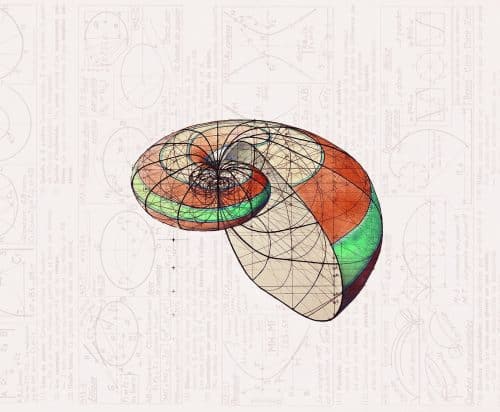Most people experience a decline in reading speed as they age, regardless of the health of their eyesight. Although memory for word meanings works smoothly until the 60s and 70s, there is evidence that the slowdown in reading begins in middle age. There are some prominent views on the possible causes of this situation, which have not yet been a clear explanation.
Do older people read more slowly?
In an experiment testing the view that older people read more carefully and slowly to avoid mistakes, an experiment compared the comprehension levels of younger and older individuals as a result of increasing their reading speed. The experiment did not support this view, as participants who doubled their reading speed showed similar levels of comprehension error, regardless of age.
The main reason for the decline in reading speed from young adults to middle age is the slowing of data processing in the brain. Most people can process data from a single letter faster than a large group. Peripheral vision, or in other words, indirect vision, also plays a role in the processing of letters in a large group. The slowdown in processing peripheral vision data with advancing age causes us to perceive words more slowly. In a study examining the effect of data density in the peripheral field of view on the reading speed of people of different age groups, it was observed that older participants read slower. The study’s findings determined that the older participants made more comprehension errors as the letter density in the peripheral field of view increased.
On the other hand, the memory unit in which the words and sentences we hear and read are processed and stored for a short time is called the phonological loop (voice loop). In an experiment trying to determine the change in phonological loop capacity with age, it was determined that participants over the age of 40 could store fewer data in their phonological loops. This suggests that the decreasing capacity significantly affects the slowdown in reading that comes with increasing age.














